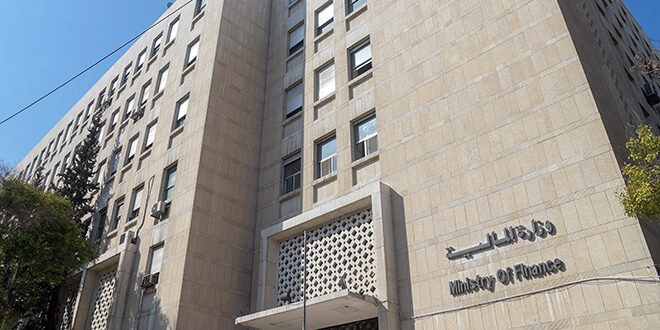Ministry of Finance Launches a New Tax System Focused on Simplification, Justice, and Digitization

The Ministry of Finance has announced comprehensive tax reforms that will be implemented starting from 2026, as part of its efforts to modernize the tax system and make it more flexible, transparent, and competitive, in line with the Investment Law and its amendments.
The ministry's statement mentioned that the new system will be based on a modern decree that differs radically from previous legislation, by abolishing old provisions that no longer keep pace with economic changes. The reform aims to ease the burden on taxpayers, enhance tax justice, and stimulate investment through clear and fair criteria.
The new system will include a full exemption for individuals whose annual income does not exceed $12,000, in a step aimed at protecting low-income earners. Balanced tax rates will also be set for companies according to sectors, with the abolishment of the "flat income committees" system and its replacement with a more transparent mechanism.
The reforms aim to unify fees into a single fee to avoid double taxation, in addition to granting a tax deduction for taxpayers who make social contributions. The system will also strengthen electronic linking mechanisms for invoices and adopt QR Code to document expenses, reducing tax evasion and enhancing transparency.
In a move to enhance trust between taxpayers and the tax administration, the new system will adopt simplified mechanisms for resolving disputes, with complex files being transferred to the tax court in their final stages. The burden of proving the source of income will also shift to the tax department, contrary to the previous approach.
The ministry will provide incentives for taxpayers who pay their taxes, in addition to working on settling accumulated dues to ensure the rights of the general treasury without burdening taxpayers.
As part of its policy of engagement and transparency, the ministry has invited experts, businessmen, and representatives of civil society to submit their proposals and comments on the reforms until the end of July 30, paving the way for drafting the final text that will be implemented at the beginning of 2026.